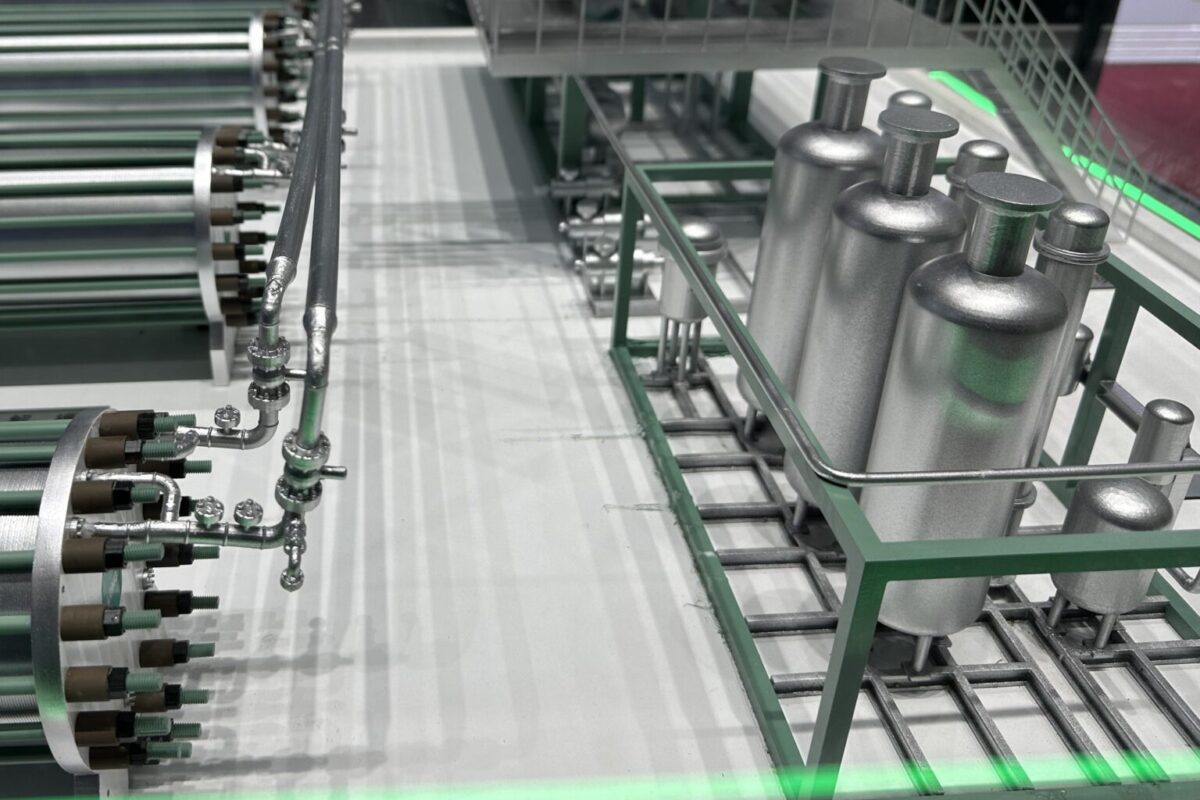The US DoC said this week that it has launched a national security investigation into imports of polysilicon and its derivatives.
The DoC said the Section 232 investigation is aimed at assessing the capability of both the domestic and foreign polysilicon industries to meet current demand in the United States. The department also wants to measure the impact of foreign government subsidies, “predatory” trade practices, artificially suppressed polysilicon prices due to foreign “unfair” trade practices and “state-sponsored” overproduction.
The US authorities said they will also investigate the potential for export restrictions by foreign countries, as well as their ability to “weaponize” their control over supplies of polysilicon.
The investigation will also analyze the possible impact of current trade policies and the eventual introduction of tariffs or quotas to protect national security, among other things.
US President Donald Trump issued an executive order adding an additional 10% tariff to goods from China in early February. This means solar energy resources, including polysilicon, imported from China are now already subject to 60% tariffs under Section 301 of the US Trade Act of 1974.
An industry note from Roth Capital Partners in March indicated that Trump could initiate a new investigation on behalf of the US polysilicon industry to determine the effect of imports on national security, a move that would inevitably drive import prices higher still.
Marius Mordal Bakke, vice president for solar research at Rystad Energy, said at the time that pricing for non-Chinese polysilicon was around $18/kg to $25/kg. Chinese polysilicon currently costs around $4.70/kg.
This content is protected by copyright and may not be reused. If you want to cooperate with us and would like to reuse some of our content, please contact: editors@pv-magazine.com.









By submitting this form you agree to pv magazine using your data for the purposes of publishing your comment.
Your personal data will only be disclosed or otherwise transmitted to third parties for the purposes of spam filtering or if this is necessary for technical maintenance of the website. Any other transfer to third parties will not take place unless this is justified on the basis of applicable data protection regulations or if pv magazine is legally obliged to do so.
You may revoke this consent at any time with effect for the future, in which case your personal data will be deleted immediately. Otherwise, your data will be deleted if pv magazine has processed your request or the purpose of data storage is fulfilled.
Further information on data privacy can be found in our Data Protection Policy.